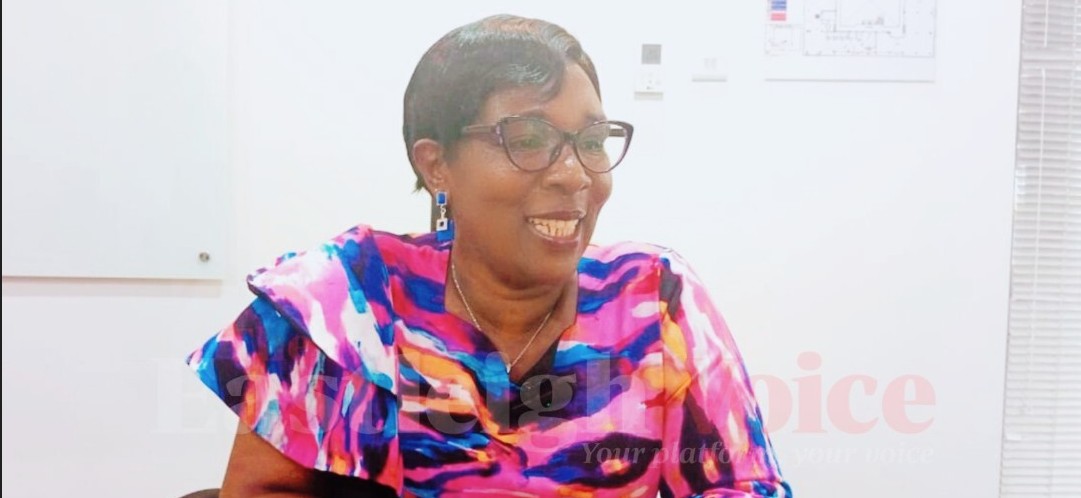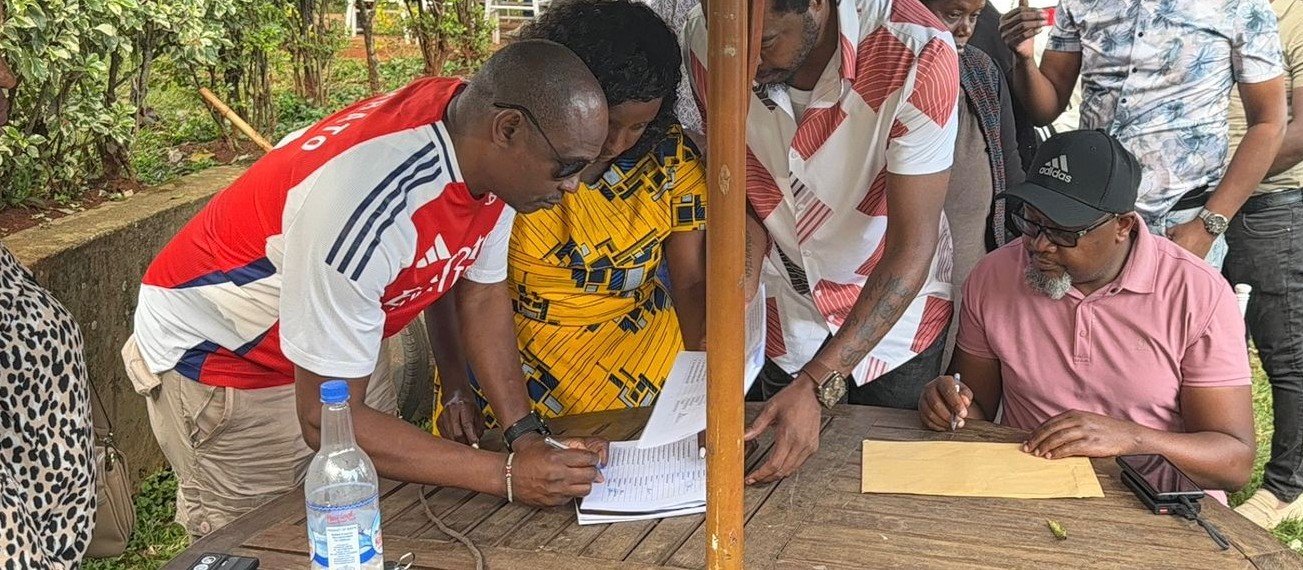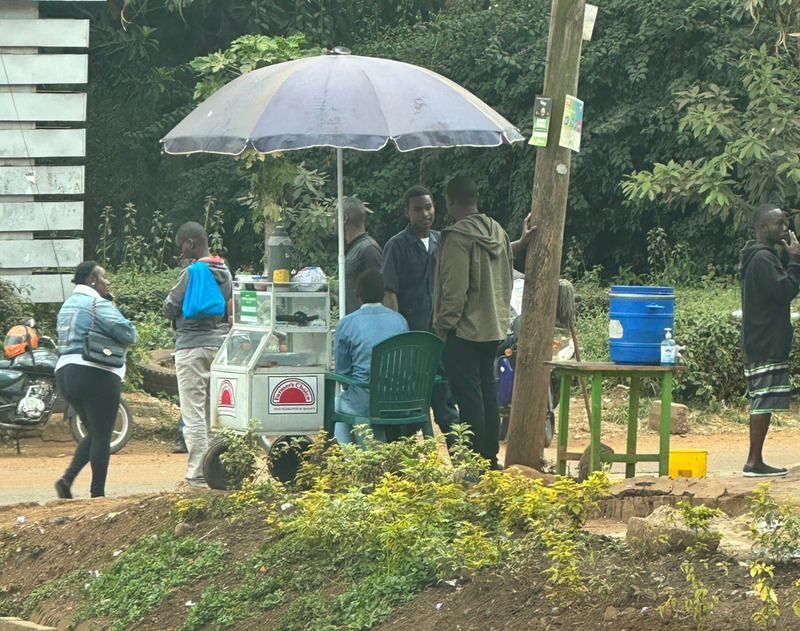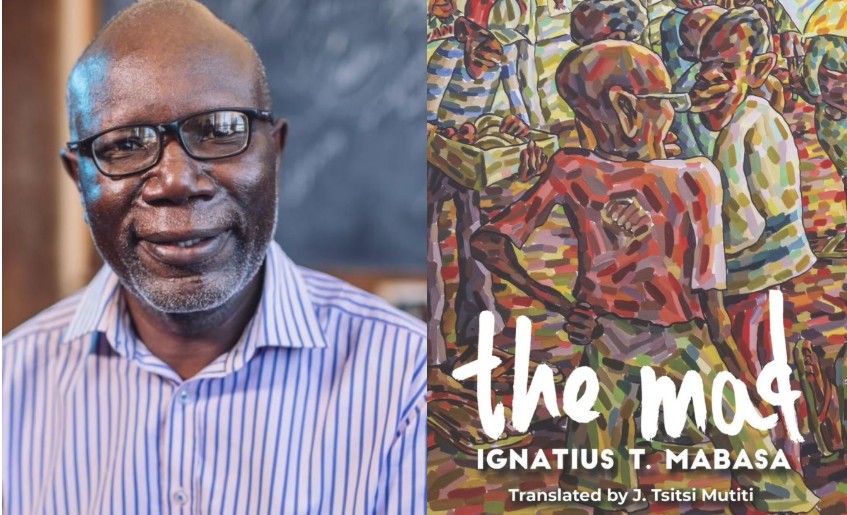Kenyan mother’s brave battle with hepatitis B: From liver cancer to a life-saving transplant

Over 300 million people worldwide live with hepatitis, causing 1.5 million deaths annually, mostly in sub-Saharan Africa and Asia, with Kenya accounting for 1.5–2 million cases (3–4 per cent of the population), many undiagnosed.
When Mary Karobia, a 60-year-old mother of two, was diagnosed with hepatocellular carcinoma (a type of liver cancer), she and her family chose not to disclose that it was caused by hepatitis B. At the time, in 2012, hepatitis B carried heavy stigma because many people wrongly assumed it was the same as HIV/AIDS, despite being very different conditions.
Her illness began unexpectedly. One day, while making a phone call, she fainted. When she regained consciousness in the hospital, doctors told her that her blood levels were dangerously low and that she needed a transfusion. Afraid of the risks, she turned to alternative treatment. Later, a blood test revealed she had Hepatitis B.
More To Read
- Liver cancer deaths set to double by 2050 as alcohol drives Kenya’s crisis
- WHO flags Hepatitis D as carcinogenic, raises liver cancer alert
- Hepatitis B: The overlooked health crisis silently spreading across Kenya and Africa
- Somalia issues nationwide alert as hepatitis cases surge
- Mother-to-child transmission leading cause of Hepatitis B spread despite availability of vaccine
The diagnosis devastated her. At first, she refused medication. But after further tests, doctors urged her to begin treatment to protect her liver. "The treatment was costly, nearly a million shillings," she says. "I began the treatment and frequently visited different hospitals for tests. I soon realised that Hepatitis B was progressing quickly."
Unforeseen consequences
For years, she paid Sh20,000 per month for her medication. By 2020, her viral load had dropped, and her doctor advised her to stop the drugs. That decision, however, had unforeseen consequences: her condition advanced to cancer, and her entire liver was eventually lost.
"The disease wasn't genetic, and we couldn't pinpoint where I had contracted it. The doctor told me Hepatitis B could be transmitted through the air or by close contact, like from mother to child, but my mother didn't have it."
The financial burden was immense. "Buying the medication at 20,000 shillings a month was not easy. We pooled our resources as a family to manage the costs. In addition to the medication, I had to undergo several tests to monitor my viral load and ensure that no new medication would be required. I followed the treatment strictly, but then, the moment we feared the most arrived: I was diagnosed with hepatocellular carcinoma, liver cancer. The weight of that diagnosis was crushing. It felt like everything we had been fighting for suddenly turned against us, and I couldn't help but feel the world slipping away."
Medication for life
When she asked about the link between stopping treatment and her cancer, the doctor told her, "This is because you stopped taking the hepatitis B medication. You need to take it for life to keep the virus under control and prevent it from coming back."
By then, her liver was beyond repair. The only option left was a transplant costing about 10 million shillings. Since the procedure was not available in Kenya, her family travelled to India. After tests, her 32-year-old son was found to be a perfect match and agreed to donate part of his liver.
The surgery was successful but gruelling.
"The procedure took about 18 hours for me and 14 hours for my son. The total cost was approximately 10 million shillings, which included the surgery and a three-" she recalls. Travel during the Covid-19 pandemic made things even harder, with the family fully masked and shielded on the plane. Back in Kenya, she was isolated completely, seeing only her family due to her low immunity.
"The experience was incredibly hard," she remembers. "Her hair fell out, and she was in a wheelchair. It was during the height of COVID-19, and she developed blisters. It took two years before anyone could visit her after the transplant. The doctors had warned that even with the transplant, she could still die due to Covid complications."
Heavy strain on family
After surgery, she had to take more than 32 tablets a day, including immunosuppressants. The strain on the family was heavy—her son even sought psychiatric help to process the ordeal. "It was difficult for all of us, but we pulled through," she says.
The disease also touched her extended family. During Karobia’s treatment, her sister was diagnosed with hepatitis B but tragically died just two months later.
Today, five years later, Karobia lives with her son’s liver and continues to take immunosuppressants daily.
"My son is doing well with his new liver, but I have to continue taking medication for life. The cost of these immunosuppressants is high, and I have to do regular tests to check the condition of my liver."
Despite the struggle, she remains hopeful.
"The maintenance costs are a huge challenge, but our family has decided that, if I can't afford it, we'll all contribute together to make sure I get the treatment I need."
Stigma
She also speaks out against the stigma.
"Many people assume Hepatitis B is like HIV, but they are completely different. I never told anyone about my diagnosis because of the stigma surrounding it, and I know many others who hide their condition for the same reason. I was afraid to tell people that my cancer was caused by Hepatitis B because of the misconceptions and fear that others would treat me differently."
Karobia hopes more support will be made available for those living with Hepatitis B.
"I wish the government and stakeholders would offer free medication, education, and testing to people with Hepatitis B. It's time for society to understand and support those who are living with it."
Understanding hepatitis B
Dr Herry Mapesi, physician and lead medical researcher for Africa at Roche Diagnostics, explains that Hepatitis B is a viral infection that inflames the liver—the body’s largest gland, responsible for over 500 vital functions.
This inflammation can be caused by excessive alcohol use or viral hepatitis, which can lead to serious damage.
Hepatitis B spreads mainly through infected bodily fluids such as blood, semen, and vaginal fluids. If untreated, it can cause chronic liver disease, cirrhosis, or even cancer.
"Hepatitis B is a serious and often silent condition that can cause severe liver damage if not diagnosed and treated early," Mapesi says. "This is why early diagnosis and screening are so important."
Unlike hepatitis A and E, which spread through contaminated food or water and usually resolve on their own, hepatitis B and C can persist for years, leading to chronic damage.
Hepatitis C spreads mostly through blood and shared needles, while Hepatitis B is most often passed from mother to child during childbirth. Around 90 per cent of infected infants go on to develop liver cancer later in life.
Mapesi warns that hepatitis B often goes unnoticed.
"Hepatitis B can stay in the body for years and, unfortunately, it often has no symptoms," he explains. "This makes it particularly dangerous, as people may not know they are infected until it's too late."
Targets the liver
Though it shares transmission routes with HIV, the two diseases affect the body differently. HIV attacks the immune system, while hepatitis B specifically targets the liver.
"Even though both are transmitted through similar routes, like blood and sexual contact, the impact on the body is entirely different," Mapesi clarifies.
Routine screening, particularly during antenatal care, can save lives.
"During the third trimester, we can give medication that helps hinder the virus's replication, reducing the risk of transmitting the infection to the child. We can also give the infant a vaccine within 24 hours to help protect them," he explains.
Globally, more than 300 million people live with hepatitis, and 1.5 million die every year—most in sub-Saharan Africa and Asia. In Kenya, 1.5–2 million people (3–4 per cent of the population) are infected, many unknowingly. WHO recommends vaccination for infants and high-risk groups as the most effective prevention.
"Hepatitis B is often called a 'silent killer' because it can remain in the body for up to 20 years without symptoms," Mapesi says. "I encourage the community to screen for hepatitis B, as early diagnosis is far cheaper and less complex than treating liver failure or complications that could have been avoided."
Top Stories Today












































